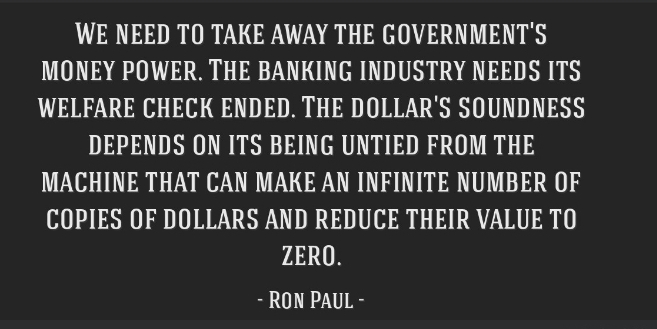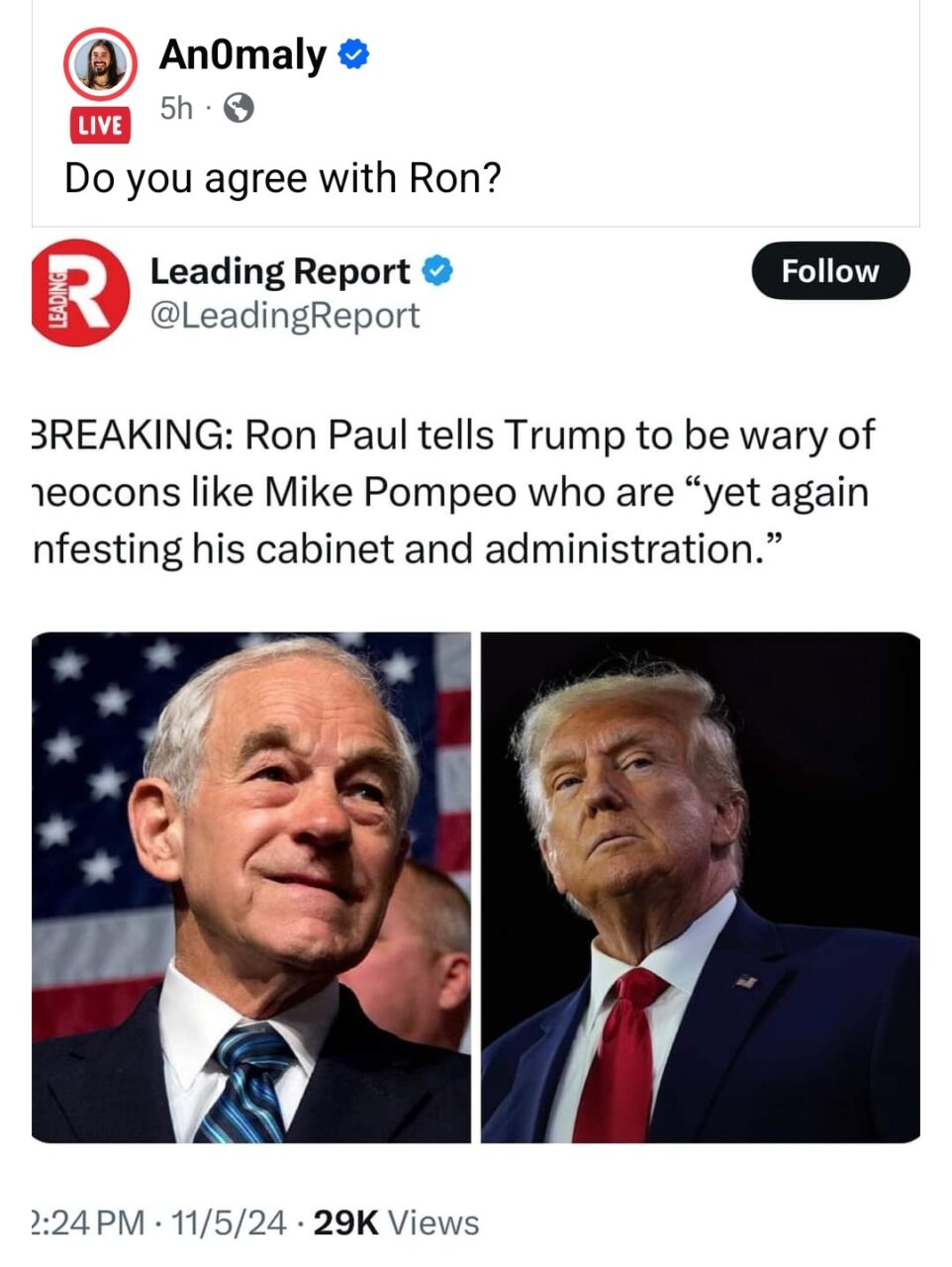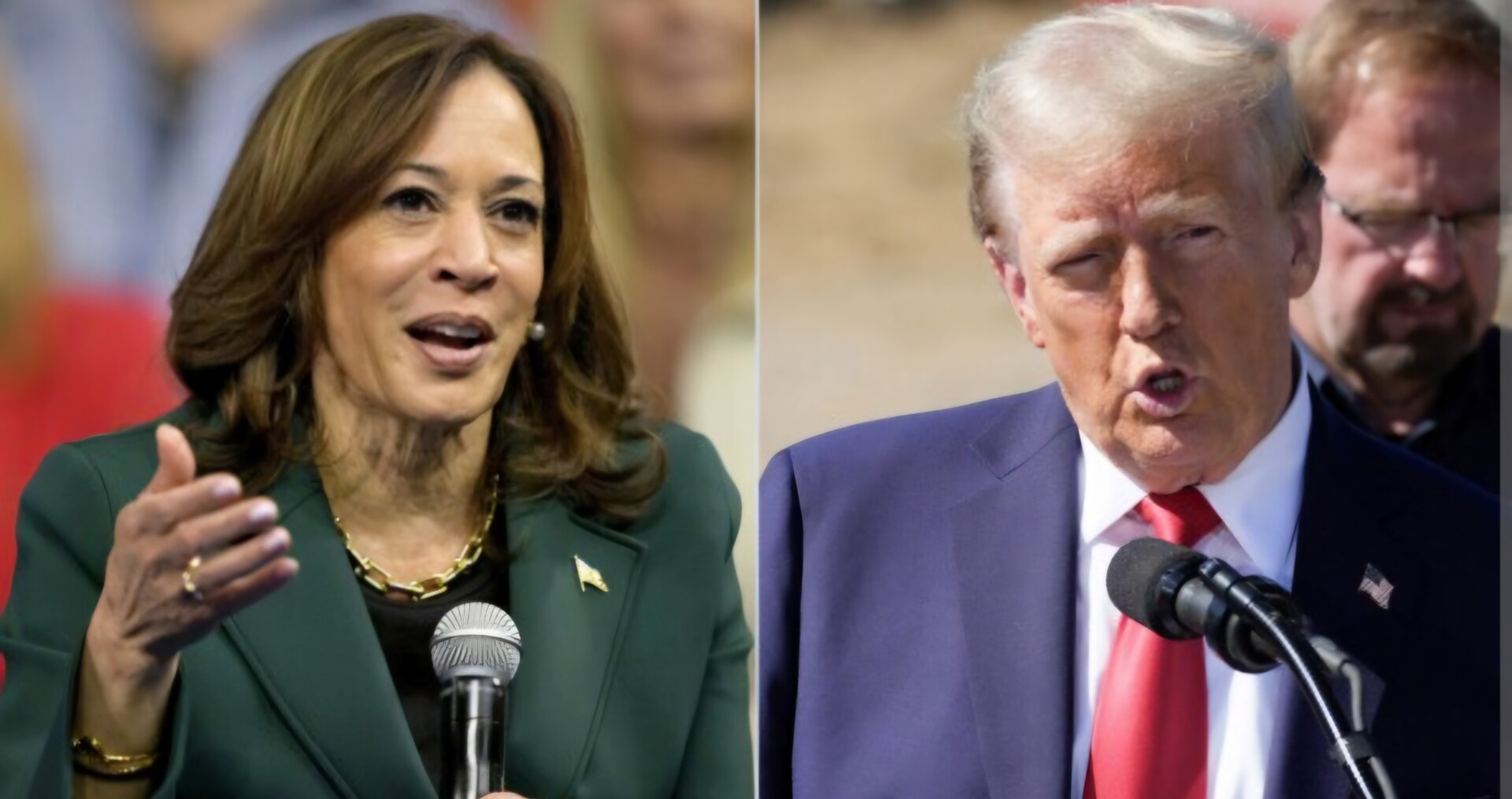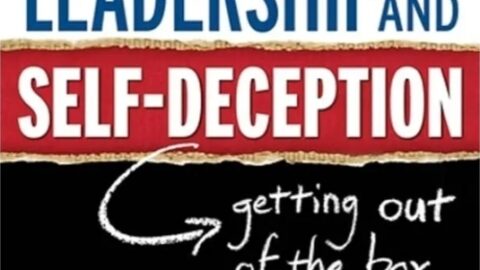If there’s a desire to draw from Thomas Jefferson’s Democratic-Republican ideals in modern America, it’s interesting to consider how such principles might guide the country today.
Jefferson’s vision was fundamentally rooted in individual liberty, limited government, agrarianism, and a strong emphasis on civic virtue. Here’s how some of these ideas might look if applied now:
Emphasis on Limited Government
Jefferson advocated for a limited federal government, believing that more power should reside with the states and the people. Applying this today might mean shifting more responsibilities to state governments, reducing federal oversight in areas where local governance can be more responsive to community needs. It would likely involve emphasizing personal freedoms, limiting regulatory overreach, and fostering self-governance.
Economic Independence and Agrarian Values
Jefferson envisioned a society of self-reliant, economically independent citizens. Translating this into a modern economy could mean encouraging local and small businesses, reducing dependence on global supply chains, and supporting industries like sustainable agriculture and manufacturing. This would aim to create a resilient domestic economy that values local production and self-sufficiency, aligning with the idea of “making America great again” by strengthening American-made goods and services.
Promoting Civic Virtue and Responsibility
Jefferson believed that an informed, educated citizenry was crucial for a healthy democracy. Today, this could mean enhancing civic education in schools, encouraging community involvement, and fostering an understanding of both individual rights and civic responsibilities. This approach would aim to equip citizens with the knowledge and skills needed to engage actively in democratic processes and make informed choices.
Skepticism Toward Centralized Power
Jefferson was wary of concentrated power, whether in government, financial institutions, or corporations. In today’s context, this could translate into policies aimed at reducing corporate influence in politics, reforming campaign finance, and creating checks and balances to prevent any single entity from holding too much power. This aligns with a desire for transparency and accountability at all levels, from government to major corporations.
Foreign Policy Focused on Independence and Neutrality
Jefferson’s foreign policy was generally guided by non-interventionism, promoting peace and independence from entangling alliances. For a modern America, this might mean reevaluating international commitments, reducing military involvement abroad, and focusing on diplomatic solutions. Such a policy would emphasize defending national interests without being drawn into unnecessary foreign conflicts.
Protecting Individual Liberties and Rights
Central to Jefferson’s philosophy was a commitment to personal freedoms and civil liberties. In today’s political landscape, this could involve ensuring that constitutional rights are protected and that government policies respect individual freedoms. A Jeffersonian approach might also emphasize privacy rights, free speech, and due process, striving to protect individuals from unwarranted government or corporate surveillance and control.
If there were a push to follow Thomas Jefferson’s Democratic-Republican principles, one key area would indeed be his skepticism toward central banking. Jefferson famously opposed centralized financial power, fearing it could lead to excessive influence over government and individual liberty. He believed that concentrated banking power could create a dependence that would undermine the economic and political independence of both the people and the government.

Here’s how a modern approach to central banking reform could look through a Jeffersonian lens, focusing on decentralization, economic independence, and transparency:
Reducing Central Banking Power and Restoring Monetary Independence
A Jeffersonian approach might advocate for reducing the Federal Reserve’s influence over the economy. This could mean exploring alternatives to centralized monetary policy, such as:
- Returning to a Commodity-Based System: In Jefferson’s day, money was backed by precious metals like gold and silver. While a strict gold standard is unlikely today, the idea would be to ensure that currency maintains real value, potentially reducing the inflationary pressures that can come from fiat money.
- Decentralized Digital Currencies: Some advocates of Jeffersonian principles support cryptocurrencies or other decentralized digital currencies as alternatives to government-issued fiat currency. Cryptocurrencies offer a way for people to conduct transactions without relying on central banks, potentially restoring some degree of monetary independence.
Increasing Transparency and Accountability
To Jefferson, transparency was critical for government institutions, and the same would apply to the Federal Reserve. A Jeffersonian-inspired policy could push for:
- Regular Audits: Ensuring the Federal Reserve is regularly and transparently audited by an independent body could help the public understand how monetary policy decisions are made and why.
- Greater Congressional Oversight: By involving elected representatives more closely in Federal Reserve decision-making, policymakers could make the institution more accountable to the public and reduce any perceived or real conflicts of interest.
Returning Monetary Policy to the People and States
Jefferson believed in local control and feared centralized financial systems could exploit the public. To address this concern today:
- State and Local Banking: Encouraging state-run banks, like North Dakota’s successful Bank of North Dakota model, would allow states to have more control over their own financial systems. State banks can reinvest in local economies rather than funneling wealth toward national or global financial centers.
- Encouraging Community Banks and Credit Unions: Strengthening local banking institutions that are more connected to their communities can provide an alternative to centralized banking. These institutions are often less profit-driven and more service-oriented, supporting Jefferson’s ideal of economic independence for citizens.
Reevaluating the Federal Reserve’s Role in Economic Policy
A Jeffersonian approach might advocate limiting the Federal Reserve’s ability to influence fiscal policy. By drawing a clearer line between the roles of fiscal (government spending and taxes) and monetary (interest rates and money supply) policy:
- Limit Market Interventions: The Fed’s role in propping up financial markets through policies like quantitative easing has been controversial, as it often benefits wealthy investors over the broader public. A Jeffersonian policy might reduce such interventions, allowing the economy to correct naturally without artificially inflating asset prices.
- Focus on Stable, Sustainable Growth: Rather than using interest rates and liquidity injections to drive short-term growth, the Federal Reserve might focus on long-term stability. This would align with Jefferson’s value of steady, sustainable economic practices over speculation and volatility.
Empowering Individual Financial Responsibility
Part of Jefferson’s philosophy included the idea that people should have control over their finances. This might look like:
- Financial Education and Public Awareness: Making sure that citizens have a clear understanding of how monetary policy impacts their lives can help individuals make informed decisions. This means investing in public education around financial literacy, so people are empowered rather than dependent on financial institutions.
- Promoting Saving and Investment: Jefferson’s vision of independence would likely favor policies that encourage personal savings and productive investments over heavy borrowing. This could mean revisiting tax incentives that favor investment over debt, aligning the economy with long-term financial health and stability.
Exploring Alternatives to the Current Debt-Based System
The current economic system depends on continuous borrowing, which can lead to cycles of boom and bust. A Jefferson-inspired approach might involve:
- Reducing Federal Deficits: Encouraging the government to balance its budget and rely less on debt could reduce the national debt burden, aligning with Jefferson’s belief in fiscal responsibility.
- Rethinking Economic Growth Models: Moving toward a model that values sustainable development over relentless growth might reflect Jefferson’s views on responsible stewardship of resources.

In adopting a Jeffersonian (and Ron Paul) approach to central banking would involve reducing dependency on a central financial authority, promoting transparency and local control, and encouraging sustainable economic practices. While removing the Federal Reserve altogether is a highly complex endeavor, there are ways to address Jeffersonian concerns within a modern framework. Doing so might empower citizens, promote local economies, and support a system that is more resilient and accountable to the public.
Applying Jeffersonian ideals today would certainly be complex, as the world has changed significantly since his time. But using his principles as a guide could foster a sense of independence, civic responsibility, and a balanced approach to governance aimed at benefiting all Americans. In any case, it’s a perspective worth exploring for those seeking a path to a more self-reliant and liberty-focused society.








